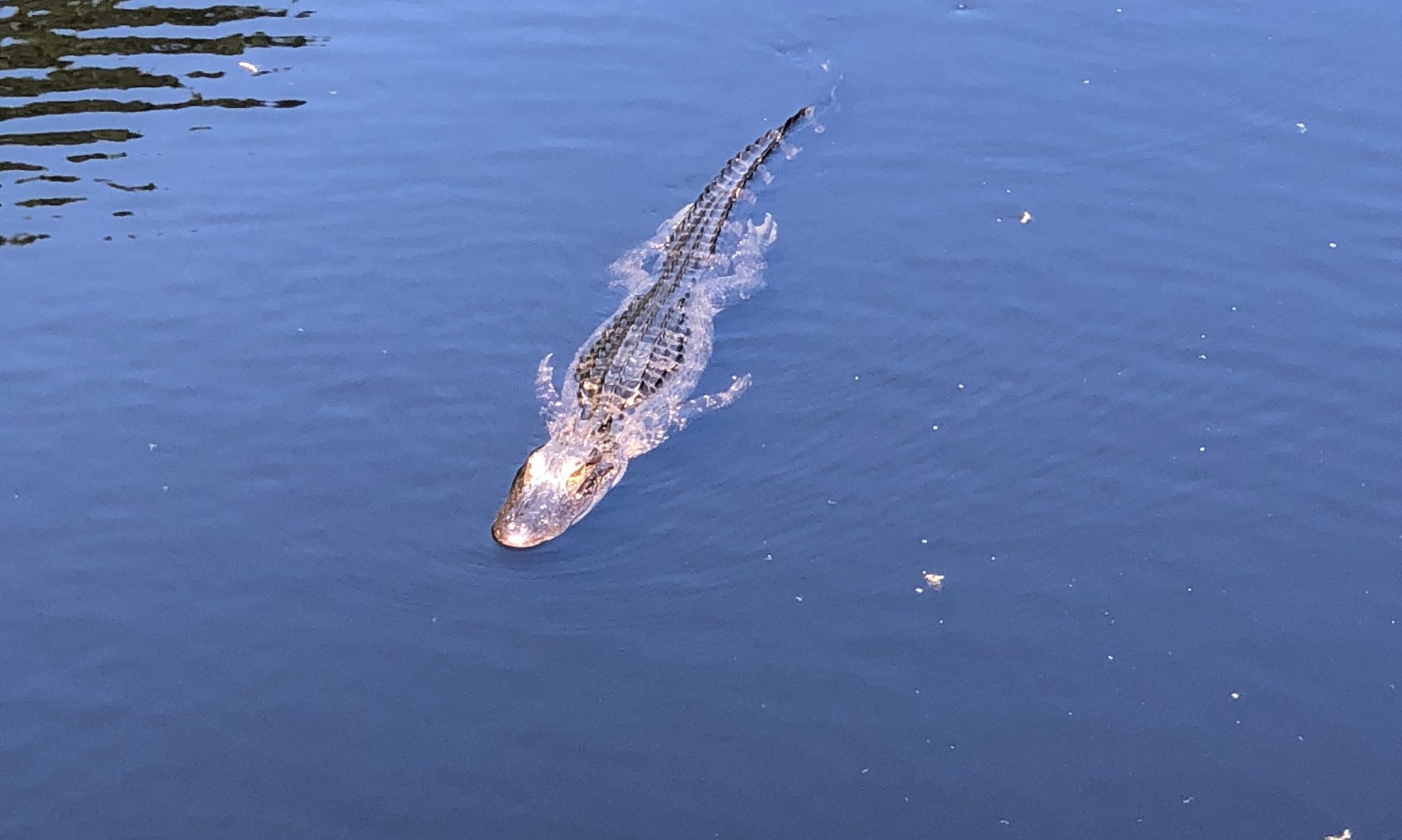
I don’t think anyone would argue we are living in a different world than then one we were living in just a few months ago. It has been amazing to see how technology and the pandemic has fostered innovations both in how we take care of patients and how we interact with each other. We have seen telehealth be rapidly adopted within our health systems and have tried to be good stewards of who needs to be seen in the office and who needs to have surgery. We have seen meetings across the country and world be cancelled due to the pandemic. Locally, we have converted so many meetings to telephone I feel I am becoming a connoisseur of virtual meeting platforms having used four or five in the past few months.
While there is no substitute for being able to meet and network in person, organizations have been able to pivot to virtual learning. The Florida Chapter of the American College of Surgeons was scheduled to have its in-person annual meeting in Orlando on May 2nd, 2020. We were excited about the chance to meet in person and to be a part of the program which Dr. Jay Redan had put together regarding the Surgeon of 2030. He had even arranged for a behind the scenes tour of Animal Kingdom at Disney World for Sunday afternoon.
The Florida Chapter, under both Dr. Redan and president Dr. John Armstrong’s guidance, was able to change to a digital platform which still met the morning of May 2nd. While the program was abbreviated it still provided a great opportunity for education and interaction with surgeons chatting virtually during the presentations.
The meeting started with Dr. John Weigelt, current First Vice-President of the American College of Surgeons discussing what CME may look like in 2030. It was an interesting presentation that went through the history of CME and how CME may evolve to a more curated surgeon specific program moderated by artificial intelligence.
We then moved on to the Edward M. Copeland III, MD, FACS Resident Abstract presentations and heard from the top Basic Science and top Clinical Science abstracts. The other abstracts are available here. The top basic science article was “Myeloid Cell Differentiation Signaling of Portal Venous Blood Circulating Tumor Cells of Pancreatic Ductal Adenocarcinoma Patients” by Dr. Joseph Reza of AdventHealth Orlando and the top Clinical Science Abstract was “Chronic Critical Illness after Surgical Sepsis is Associated with Worsening Frailty: Induced Frailty” by Dr. Michael Cox at the University of Florida.
There were then three abstracts presents as a part of the annual Commission on Cancer Competition and the winner was “the Significance of Hispanic Ethnicity with Subgroup Analysis-Disparities in Clinical Outcomes with Pancreatic Ductal Adenocarcinoma” by Dr. Andrea Riner at the University of Florida. The final competition was the Spectacularly Challenging Case Competition and the winner was “A Rare Case of IVC Filter Penetration into the Duodenum” by Dr. Olivia D’Angelo at Jackson Memorial Hospital.
The final presentation of the morning was by Dr. V. Suzanne Klimberg on “The Past, Present, and Future of Women in Surgery” and was an excellent presentation on the history of women in surgery, the history of women in leadership roles in surgery and provided some thoughts on how to continue to encourage and support women in leadership roles locally and nationally.
We then proceeded to our annual business meeting and Dr. Redan took to virtual gavel via appropriate social distance and became the president for 2020-2021. I am looking forward to having meetings resume because I miss person to person interaction and networking with colleagues and friends. However, this was an excellent blueprint on how to continue to network and provide education while adhering to social distance.
